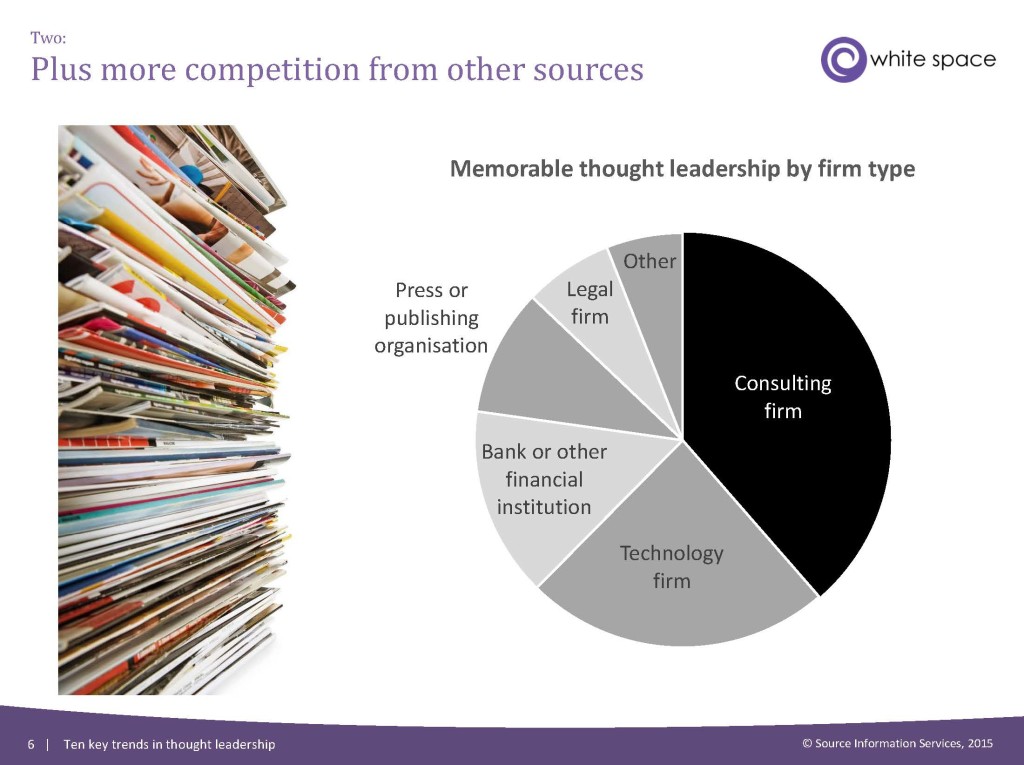Speakers: Mark Munley, Director of Economic Development, Jersey City; Robert Cotter, Director of City Planning, Jersey City; Robert Burchell, Director, Center for Urban Policy Research, Rutgers University; Robert Rudin, Executive Vice President, CB Richard Ellis; Mitchell Hersh, Chief Executive Officer, Mack-Cali Realty Corporation, Richard Lefrak, President, The Lefrak Organization; Timur Galen, Vice President, Goldman Sachs & Co.; Shirley Jaffe, Vice President for Economic Development, The Alliance for Downtown New York; Claude Shostal, Senior Fellow, New York University Real Estate Institute.
Jersey City has experienced a rapid expansion in its commercial real estate market since the mid-1980’s. Currently, most of the tenants belong to the financial, insurance and real estate (F.I.R.E.) industries. There was a general agreement that there just is not enough new office space in Manhattan to fill all future demand.
Jersey City competes with Midtown and Downtown for tenants, but presenters all agreed that Jersey City’s real estate market should be viewed as a sub-sector of the larger regional economy. Jersey City’s competitive advantages are in cost, product and access. Besides lower rents, the cost of doing business in New Jersey is 35% lower than in New York. Compared to buildings in New York, Jersey City office space that is easily converted to the needs of large corporations. Compared to lower Manhattan, Jersey City is more accessible to airports and prospective workers driving from the Jersey suburbs.
There were some worries about the commercial market place. Robert Rudin, a representative from C.B. Ellis was especially worried about a short-term oversupply of office space. In fact, while developers are doing fine, many tenants have been forced to sublet their spaces, becoming de-facto landlords.



